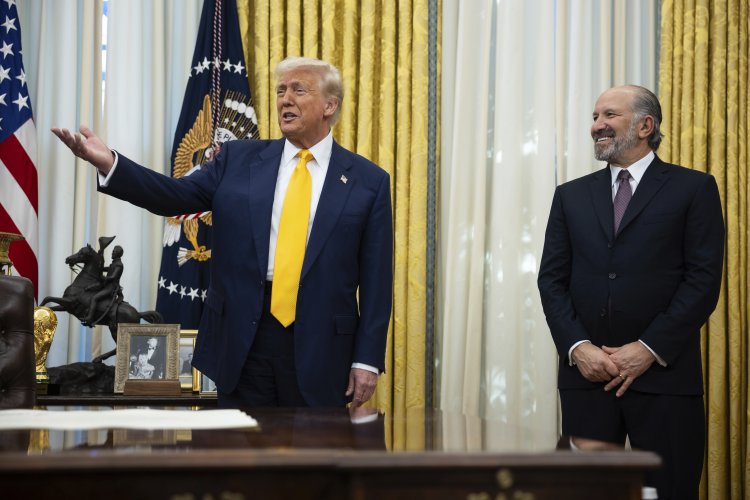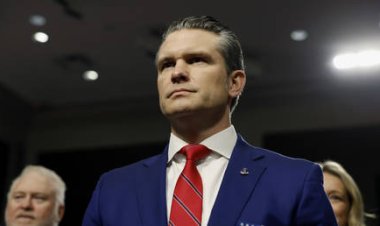Commerce Department to initiate Section 232 investigation into semiconductors
The inquiry has the potential to result in new tariffs on semiconductors, a development that would significantly impact Asian nations and the technology industry.

This action could escalate tensions between the U.S. and major East Asian economies, from which the U.S. sources most of its chips, including Taiwan. The implications are significant for major U.S. technology companies that depend on chip imports.
Key players in the semiconductor supply chain include South Korea, Malaysia, and Japan, particularly in areas like chip assembly, testing, and production. Notably, China holds the title as the world’s largest market for semiconductors by consumption.
The investigation will proceed under Section 232 of the Trade Expansion Act of 1962, permitting the president to impose restrictions on imports that pose a national security threat, according to the official, who spoke on the condition of anonymity regarding the developing plans. The official stated that the investigation aims to “revive U.S. manufacturing in critical technologies.”
The Commerce Department plans to allow a public comment period, with such investigations typically taking up to 270 days to complete; however, the White House has indicated that this one may follow an expedited timeline.
Trump has previously initiated Section 232 investigations into the copper and timber industries in the past two months and has used findings from an earlier investigation during his first term to justify the increase of steel and aluminum tariffs in March.
The president has indicated that semiconductor tariffs would begin at approximately 25 percent, with potential increases to “substantially higher” rates within a year. Additionally, Trump has mentioned that sectoral tariffs could extend to other products, including pharmaceuticals.
The semiconductor investigation may take place shortly after certain electronics imports were exempted from Trump’s so-called "reciprocal tariffs." Commerce Secretary Howard Lutnick commented on ABC's "This Week" that "This is not like a permanent sort of exemption."
New tariffs on semiconductors would add to the ongoing trend of tariffs imposed by the president during the early months of his second term.
The White House has already implemented 145 percent tariffs on China during Trump’s second term, building on existing tariffs against the country. While a universal 10 percent tariff on nearly all other nations is still active, higher tariffs could be reinstated if Trump fails to secure numerous separate agreements with countries within his self-imposed 90-day deadline.
Sen. Elizabeth Warren criticized Trump’s tariff strategy during an appearance on CNN's "State of the Union," stating, "Investors will not invest in the United States when Donald Trump is playing red light, green light with tariffs.”
Anna Muller for TROIB News
Discover more Science and Technology news updates in TROIB Sci-Tech












